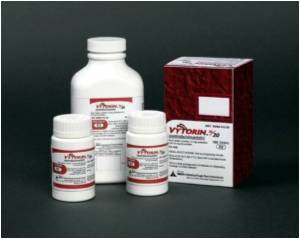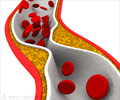Statins, which help to slash cholesterol levels, do not cause cancer, a recent major study has revealed.

However, the latest research conducted by statins expert Professor Rory Collin of Oxford University has dismissed any link to cancer, reports the Daily Express.
Along with a team from the University of Sydney in Australia, the researchers looked at data on 170,000 patients around the world who were given either statins or a dummy pill.
However, the rate of cancer was found the same among those taking statins as it was for those taking the placebo.
"These findings are extremely reassuring for patients," said Professor Collins, British Heart Foundation professor of medicine and epidemiology at Oxford University.
"Statins are one of the most effective known therapies for the prevention of heart attacks and strokes and this study should reassure the millions of people who are taking them worldwide," he added.
 MEDINDIA
MEDINDIA




 Email
Email







